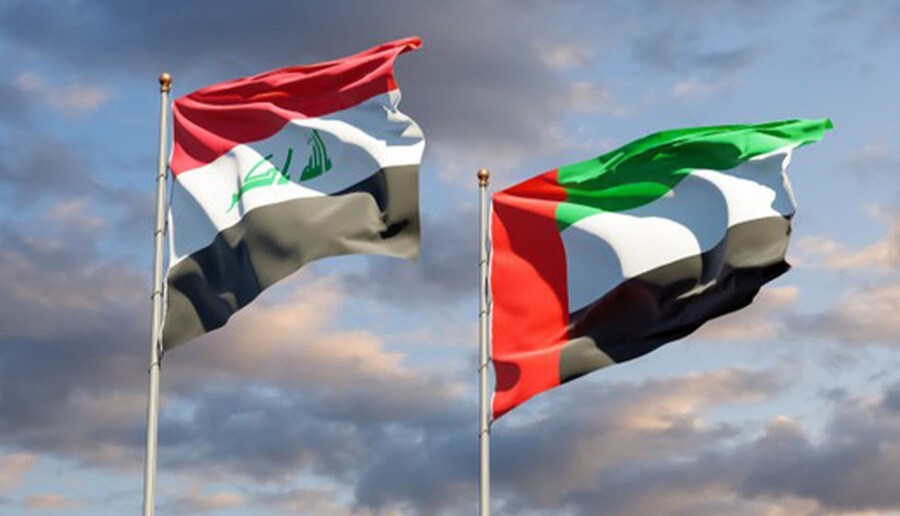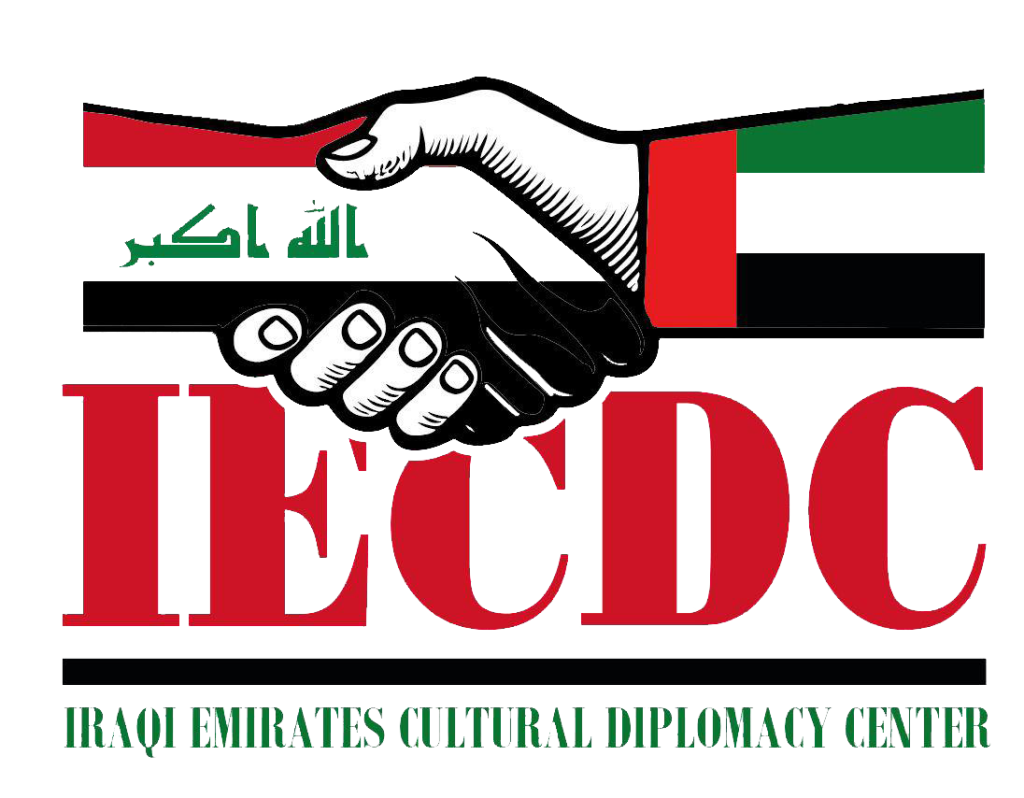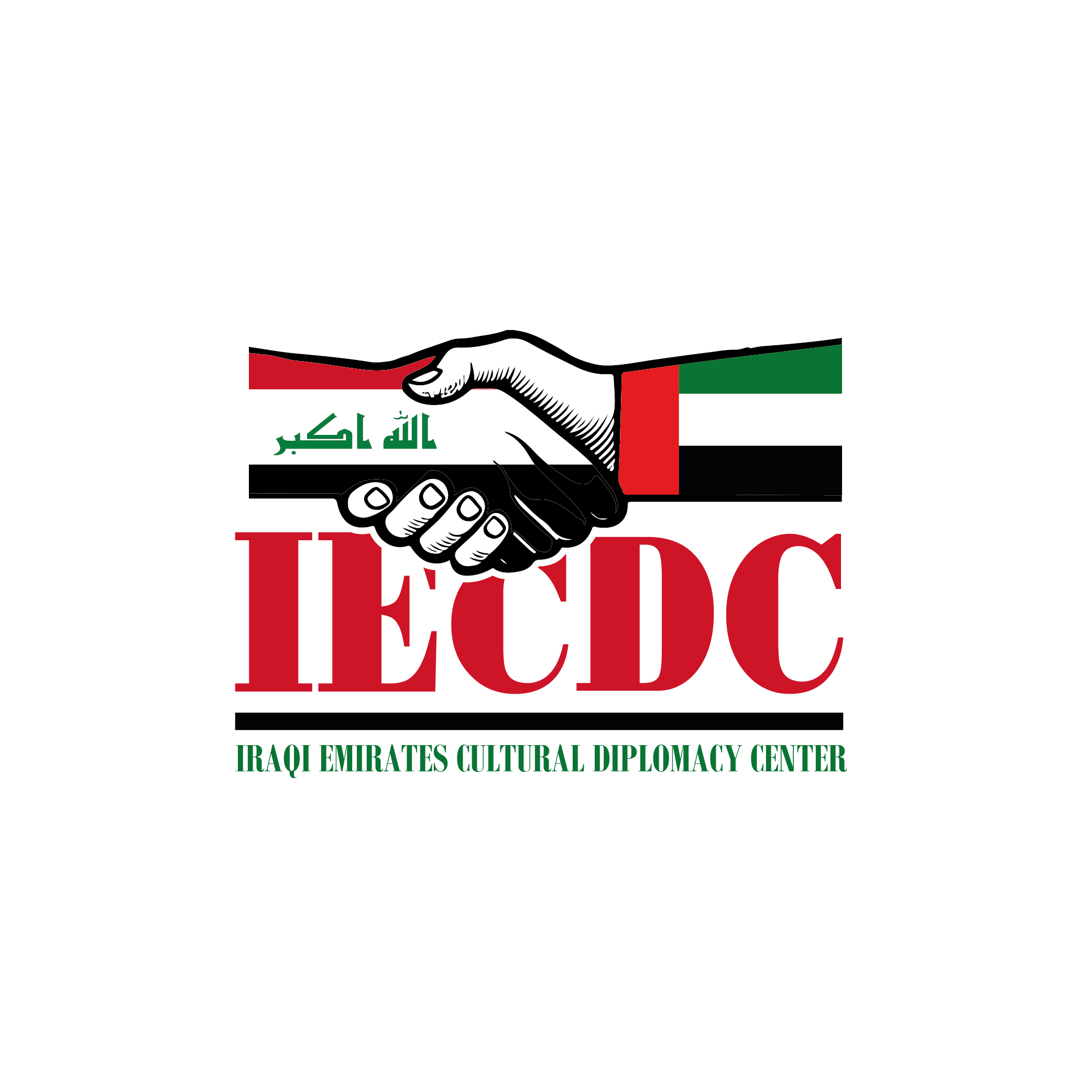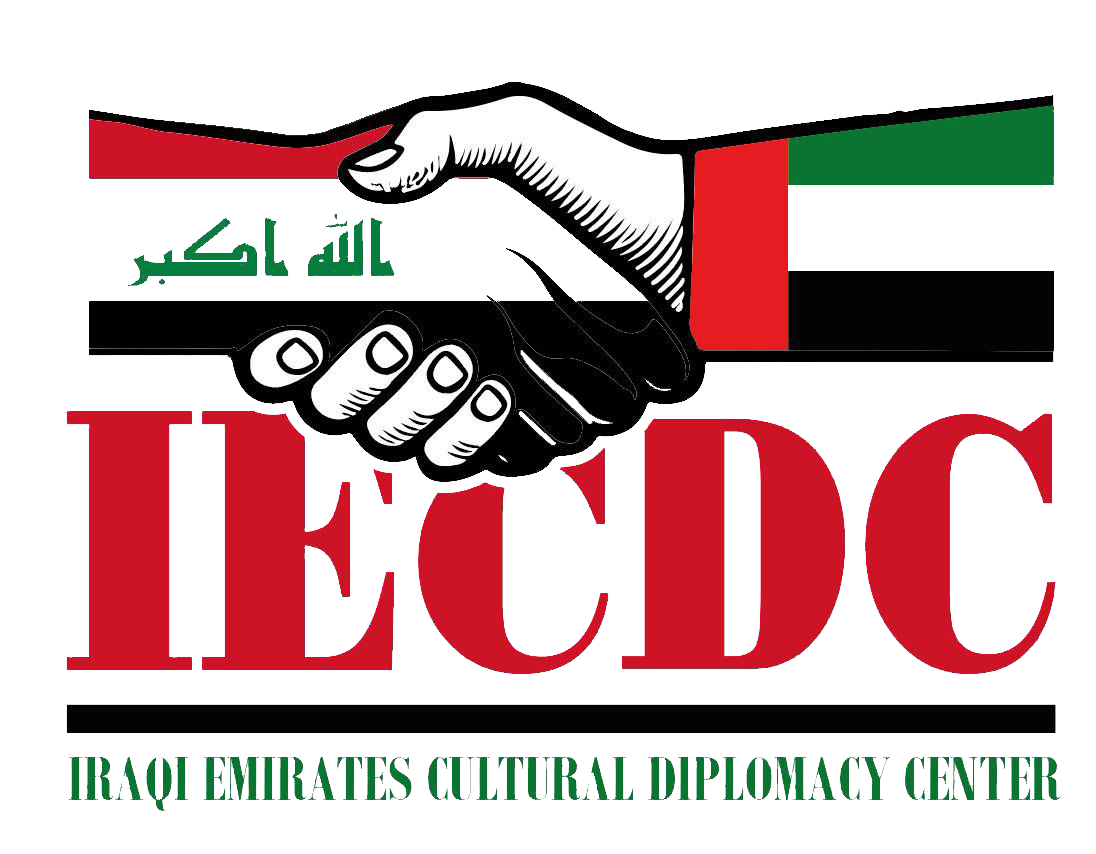
From Ruins to Renewal: The UAE’s Role in Mosul’s Reconstruction
The destruction of Mosul during the war against ISIS left the city in ruins, displacing thousands and damaging its historical and cultural landmarks. In the aftermath of this devastation, the United Arab Emirates (UAE) has emerged as a key player in Mosul’s reconstruction efforts, demonstrating its commitment to humanitarian aid, cultural preservation, and regional stability.
One of the most significant contributions of the UAE has been its funding for the restoration of Al-Nuri Mosque and Al-Hadba Minaret, in partnership with UNESCO and the Iraqi government. This project, valued at over $50.4 million, is part of a broader initiative to restore Mosul’s identity and preserve its rich cultural history.
Beyond cultural restoration, the UAE has invested in essential infrastructure, including schools, hospitals, roads, and water supply networks. These efforts aim to restore normal life for Mosul’s residents and revitalize the local economy.
The UAE has played a key role in humanitarian relief, providing medical aid, food supplies, and educational support to displaced families. Through partnerships with Iraqi institutions and international organizations, the UAE ensures that Mosul’s recovery is sustainable and inclusive.
The UAE’s involvement in Iraq extends beyond reconstruction—it is part of a broader diplomatic strategy to strengthen ties with Iraq through cultural diplomacy and economic cooperation. By investing in Mosul’s recovery, the UAE is positioning itself as a leader in regional stability and post-conflict rebuilding efforts.
The UAE’s role in Mosul’s reconstruction highlights its humanitarian commitment and strategic vision for a stable Middle East. Through cultural preservation, infrastructure development, and humanitarian aid, the UAE is not only helping rebuild a city but also restoring hope for the people of Mosul.


